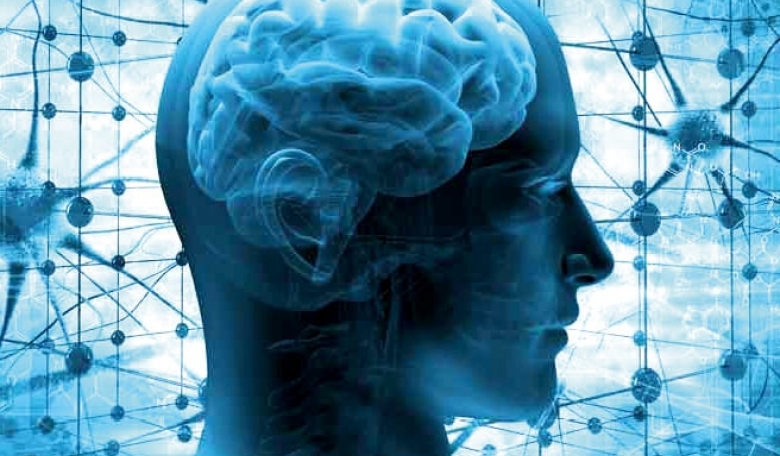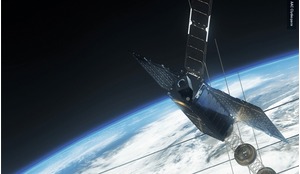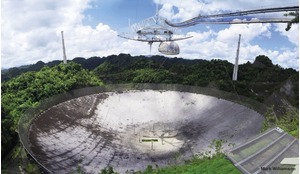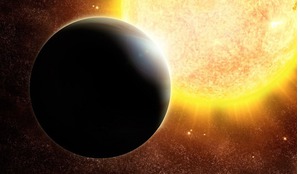Humanity is on an evolutionary path from a species of Earth-dwellers to one of deep space explorers. What are the new stressors and challenges to which we will have to adapt and how will we cope with the physiological and psychological changes? The authors dust off their crystal ball and peer into an uncertain future.
We are a terrestrial species. We have become who we are by virtue of the diverse conditions of a single globe, with each stressor, each challenge, pushing evolutionary change to this moment. But we won’t be bound to this world forever.
Leaving Earth, whether by choice or need, will require a shift in our relationship with Earth and space. Earth is currently the host to our basic needs, while space is our aspiration, but eventually space will become our new home in a completely enveloping form; it will become a true ‘environment’ that is currently unimagined by our Earth-dweller minds.
Moreover, being able to survive in space will require us to shift our linear and spatial thinking to a concept that is open to the fuzziness of uncertainty. As the technology to transport and support the fragile packages known as humans improves, the reach of deep space missions will expand further and further. With each successive stretch into the unknown of space, the uniqueness of the environment will increase and the ability to receive help or assistance from Earth will diminish.
The evolutionary course of our development has not concluded and it’s safe to assume that the humans born and raised in deep space will have evolutionary differences from us, both physiological and psychological. A behavioural paradigm shift is developing which will transform humanity from Earth-dwellers to deep space explorers.














